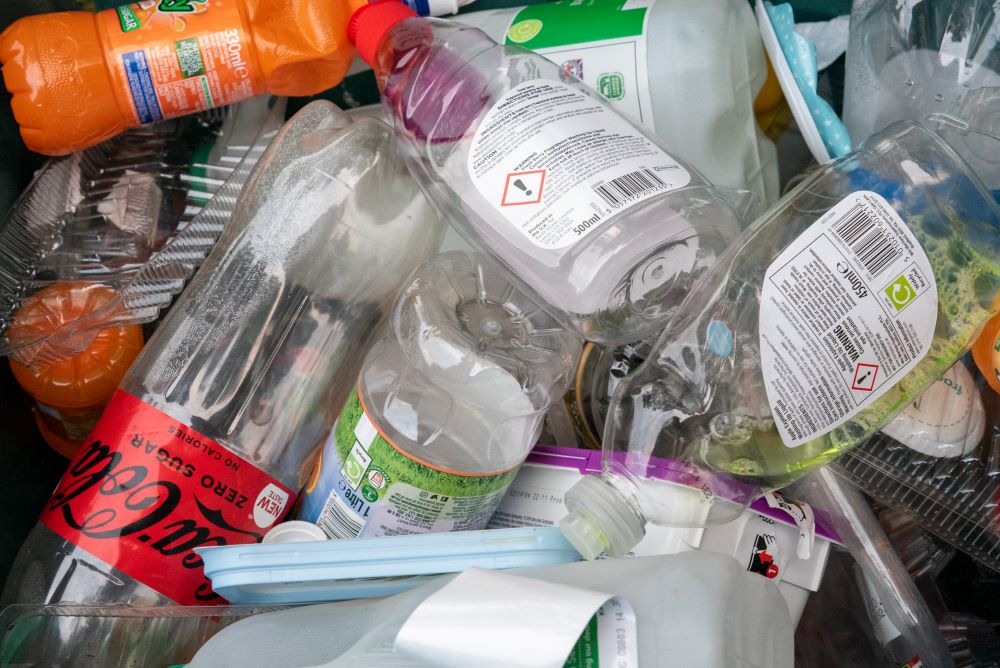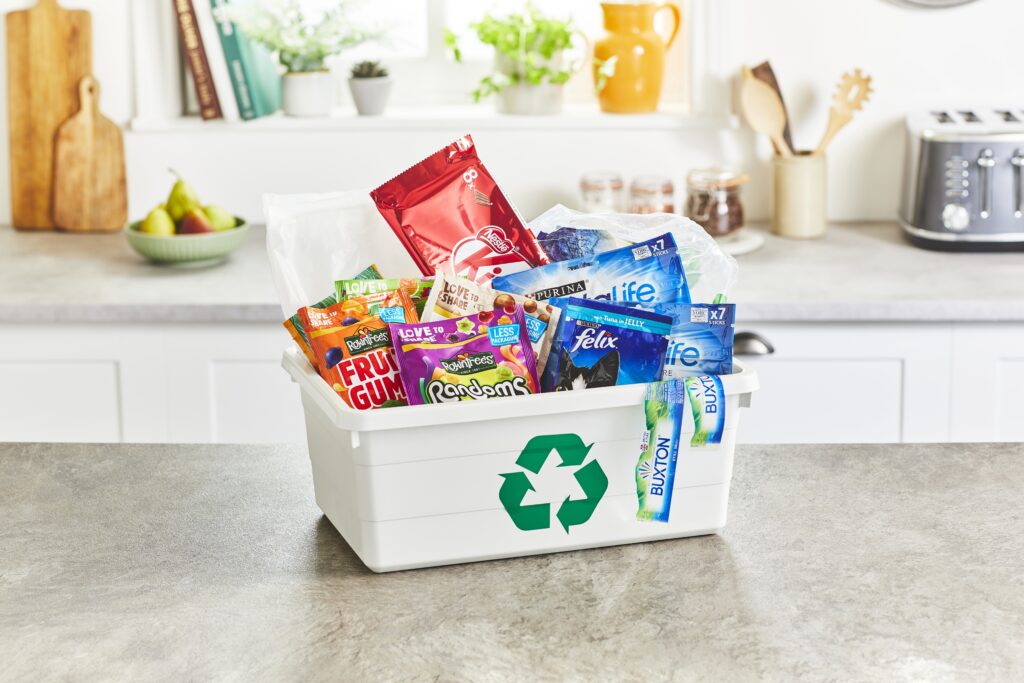Schemes should be banned from being involved in materials trading activities, the Alliance told the government in a response to the packaging waste recovery consultation, which closed at the end of last month.
Representing the materials recycling sector, the RIA is a coalition of The Independent Glass Recyclers Association, the Textile Recycling Association, the British Metals Recycling Association, the Wood Recyclers Association, the Independent Waste Paper Processors Association, the Chemical Recycling Association, the Oil Recycling Association and the European Tyre Recycling Association.
In its statement to the Department for Environment, Food and Rural Affairs, the RIA demanded that compliance schemes should not be permitted to have trading subsidiaries or themselves be subsidiaries of trading companies.
Valpak
Specifically naming Valpak – the UK's largest compliance scheme – and its trading company Valient as “the extreme example”, the Alliance said: “Compliance schemes that have a trading a trading subsidiary or are themselves a subsidiary of a trading company have the opportunity to transfer between themselves PRNs at beneficial … prices.”
It continued: “This represents a substantial competitive advantage to trading companies in their operational activities over competitive PRN suppliers. It amounts to a market distortion that may benefit individual scheme members, but does not enhance the market for PRNs and thereby works against increased recycling in general.”
The Alliance warned: “The dangers are particularly significant where a compliance scheme has significant dominance in the PRN market.”
The statement added that it is important in the PRN market, as in any other market, that trading should be seen as open and fair in order to build confidence in the system. At the very least, compliance schemes should be made to sell PRNs to directly associated schemes through arms length, transparent trading systems, the Alliance said.
Consultation
The packaging consultation has been carried out by DEFRA over the summer in order to look at possible changes to the regulations as the UK moves towards recovery targets set out by the European Packaging and Packaging Waste Directive for 2008.
In other areas, the RIA called for the setting of UK targets five years ahead, preferring either a straight-line increase in targets towards the European requirements for 2008, or some front-end loading of targets to make up for the slump in PRN prices this year.
The Alliance approved the suggestion of a 60% wood packaging recycling target, requested that the single target be retained for metals and expressed surprise at the low level of proposed plastics packaging recovery targets. It warned that this might see producers using more plastic materials in their packaging since the obligation costs would be lower.
The RIA called for the carry-over system for PRNs to be retained and suggested that the tonnage threshold for companies obligated by the regulations be lowered to those handling more than 25 tonnes of packaging a year, although it recommended that the turnover threshold of 2 million a year be retained.
Warmly welcoming the suggestion that the PRN system and accreditation be given a legal platform by being brought into the official regulations, the Alliance suggested that PRN brokers or agents should also be accredited to add transparency to their trading activities.
Dominance
In a further attack on the dominance of key compliance schemes in the PRN market, the Alliance said that compliance schemes must not be allowed to insist on contracts that stipulate how the issuers of PRNs must manage their business.
It said: “This would be an abuse of purchasing power and give compliance schemes an authority to intervene in the affairs of private businesses that government does not itself exercise. Large compliance schemes, and particularly Valpak, would be given unrestricted power to impose strategic decisions, perhaps affecting a whole industry sector, without responsibility for the end result.”











Subscribe for free